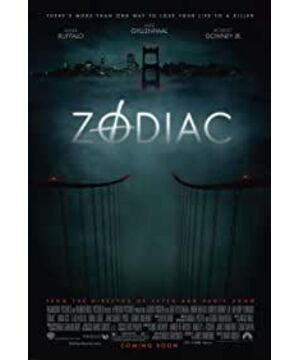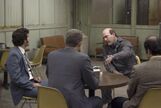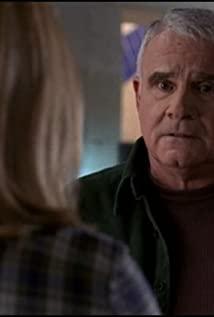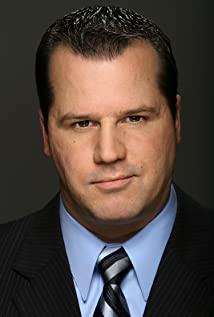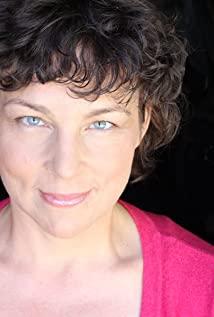However, there are roughly two types of realistic movies: realistically talking about affairs and realistically telling things. This film belongs to the latter.
Realistically talk about love, in most situations, it shows the relationship between people, and it has the value of the times (whether it is the past or the present), and it has the effect of making people reflect on oneself, which can be said to be eternal There are too many examples to cite the topic, so I won’t cite it.
But what about telling things realistically? Few can be as pure and thorough as "Killing Hide and Seek".
Or someone will cite custard. Yun Xun described the Palme d’Or’s award-winning work-"Elephant" in the school shooting as a protest, but he thought it was custard. In this film, Yun Xun made a lot of "artistic choices", such as a large number of long-term follow-ups hanging behind the characters, long-distance focusing shots that blur the background, etc., nothing but a very strong subjective standpoint. ─The invisible elephant─in it.
The author has no intention of boasting that "Killing Mizang" is better than "Elephant". On the contrary, I quite agree with the judges of Cannes, this custard. Yun Xun's films do have extremely high artistic achievements. What I want to point out is that in terms of telling the truth realistically, "Killing the Hideout" is indeed quite competent. But of course, being able to do a good job on such a difficult task is already a lot of achievement in itself.
Where does the hardship come from?
It’s hard enough for a regular-length movie to keep holding the audience’s attention without making love, humor, or creating thrilling scenes. This movie will take two and a half hours, then you say Should I take it or not?
David. Fincha allows you to write down the characters, relying on refined plot selection and accurate scene scheduling.
The former can be seen in the fact that the director always allows the plot to follow the events in a clear chronological order of chronicle entries, and does not use this to disturb the popular set (such as the chase of the suspect and the sensational character branch, etc.). For a fascinating but cumbersome thing, this is undoubtedly an appropriate choice (of course this is the blessing of the truth).
But more important is always the latter-accurate scene scheduling.
The familiar director skills ensure that each refined breakout shows the state of the matter appropriately: very sudden, frightened, angry, frustrated, confused, disappointed, and so on.
The so-called appropriateness means that there is no more and no
less : the few, so that the audience can not grasp the state of affairs of the division, so that they have to move forward in confusion like a poor friend who suddenly left the team and left alone. Run around, who can guarantee where you run? Even if you can really get to the finish line, a curse is inevitable.
If there are too many, it can be called rendering. Two situations may occur:
first, over-pretentious, leaving traces of axe, on the contrary , it causes people to pull away from the plot, which is counterproductive.
2. There was noise, which made the audience catch the wrong use of the scene, and went to the wrong fork in the runway of the plot.
Both situations seriously affect the patience of the viewers. For the film that has to keep holding the audience's attention with difficulty, of course, the slightest cannot be tolerated. So David. Finch has to use the most concise and intangible film language, and the so-called familiar director skills are among them.
It’s worth mentioning that although the events in the movie span more than 20 years, the events that follow the events are not compact at all in real time, and as mentioned earlier, the movie does not disturb the popular compact scenes, but how can the author? Feeling out of breath during the screening process?
I thought the director used the first-in-class editing tricks very well. Those phone rings, radio broadcasts, and letter readings can easily glue things that are not close together like a panacea, and make the viewer immediately wake up when they switch scenes, and a sense of compactness is accumulated in this way.
All in all, "Killing the Mistaken" succinctly and powerfully expresses an unsettled case of the century, loyal to the event, and successfully conveys an extremely abstract frustration, which is a frustration that has lost all emotional fluctuations and has completely cooled down. The viewer is likely to shook his head unconsciously when leaving the scene; that has nothing to do with the badness of the movie, nor the emotions of the murderer (even if there is, it is only a very small part), but the viewer understands this case deeply. The unsolvable case came from.
In other words, this frustration is accumulated from the appearance of the event.
The so-called one-to-one, probably ends here, you all understand.
From the fascinating to the completely cooled frustration without all emotional fluctuations, it starts and ends with the event.
This kind of skill is ashamed.
View more about Zodiac reviews


